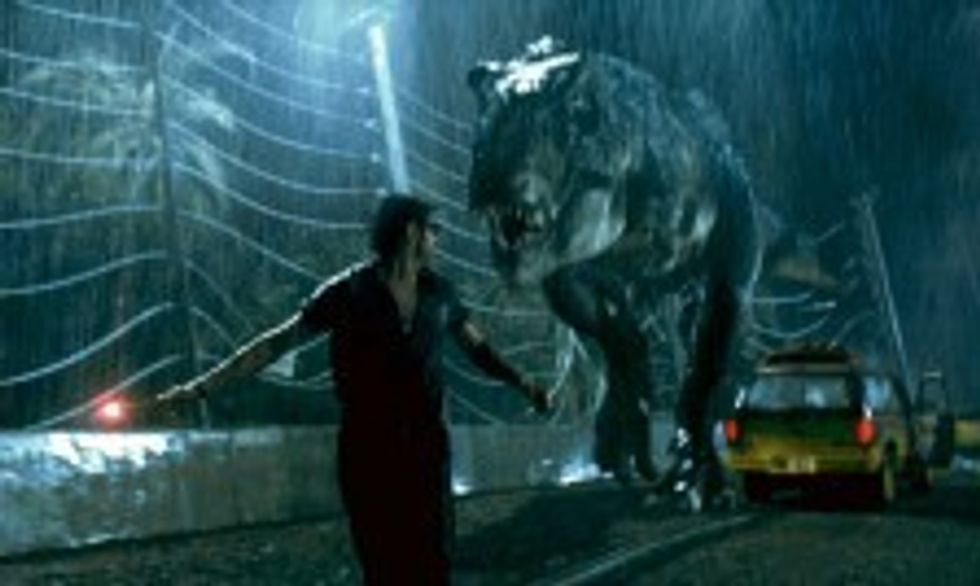Want to Break into Visual Effects? 9 Tips from Pioneering VFX Artists

For the full tips, check out the entire Movieline article here. One of the tips that struck me:
1. Learn about the filmmaking process from a director's perspective. This means make your own movies!
Muren: "Study art, photography, nature because you want to have ideas for full shots in your head. Not parts of shots but the whole finished thing, even though you may not be [responsible] for all of that.You want to understand to the filmmaking process from the point of view of the director -- even if you want to do special effects."
Tippett: "I would encourage that -- an art and film history background. And there's no excuse for not making your own movie. You'll learn so much if you just come up with a little story that has a beginning, middle and an end. If you commit to doing it, you'll learn so much more by doing that than most people going to school."
One of the great things about wanting to get involved with movies today is that anyone, regardless of their interests, can pick up easily available equipment and make a short movie. You can get a taste for each part of the movie making process, learning how it all comes together while getting a better sense of which roles suit you best. More importantly, beyond the nuts and bolts of movie-making, by trying your hand at a short film you will understand the importance of story, and how everything you do either adds or subtracts from the story.
I also found it interesting that the tips don't focus on any given technology, software or tool -- these guys have been around long enough to know that these are all transient things. It's pretty much summed up in tip #9 ("Get ready to continually adapt."). What's important is your ability to know how those tools can enhance the project you're working on.
Are you looking to break into VFX? Which tips strike you? What seems to be the most daunting aspect about that industry?
[via FilmmakerIQ]











